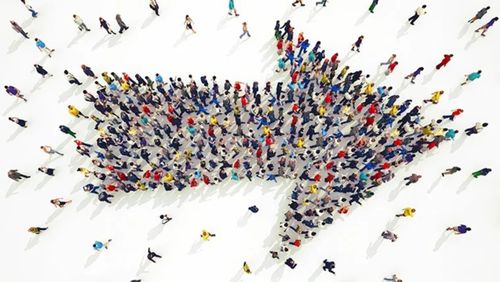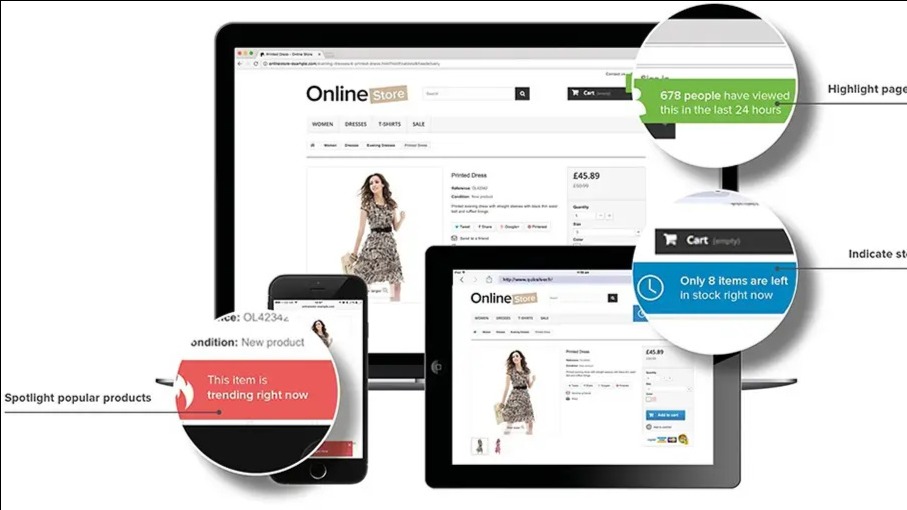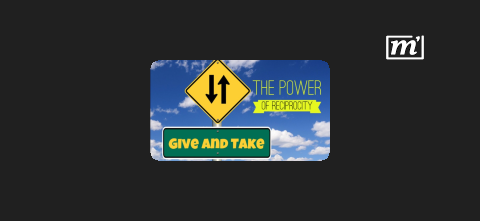The Power of Social Proof: Influencing Our Thoughts and Actions
Oct 16, 2023 · 2 mins read
0
Share

People make decisions about what is correct based on what others think is correct. Using the opinions of others is another strategy for decreasing the need to think in order to make our own conclusions. It also puts people at risk of being manipulated.
Save
Share
Buzzwords like trending, largest selling, or fast-growing are used by marketers and advertisers to influence the audience's buying decisions. To convince us the product is good, they need only say that many others think so, which is enough evidence.

Save
Share
Comedy and talk shows make use of social proof by inserting canned laughter and clapping sounds at strategic spots, inciting the audience to laugh longer and more often when humorous material is presented. Our tendency to react to partial social evidence is used against us.
Save
Share
As a rule, we will make fewer mistakes by acting in accordance with social evidence rather than contrary to it. When we are unsure of ourselves, when the situation is confusing or uncertain, we are more likely to look to and accept the actions of others as correct.
Save
Share
The problem comes when we begin responding to social proof in a mindless and reflexive fashion that we can be fooled by partial or fake evidence. In the midst of resolving our uncertainty, we fail to see that those people are probably examining the social evidence too.
Save
Share
Social proof can also lead to "pluralistic ignorance." People assume there is nothing to react to when they see that those around them are not reacting. Cialdini talks of a woman who was murdered in front of 38 witnesses, yet no one alerted the police until after she was dead.
Save
Share
The pluralistic ignorance effect is strongest among strangers. Bystanders usually don’t help because of unambiguity, not because they don’t want to. They relied on the reactions of other bystanders. To reduce this tendency, people must specifically direct bystanders to act.
Save
Share
We will use the actions of others to decide on proper behavior for ourselves, especially when we view those others as similar to ourselves. We are most likely to copycat events caused by suicides, homicides, and other public events when we view the other party as similar to ours.
Save
Share
How To Say No: We must learn to recognize when the data presented is misleading, partial, and fake. We can disengage the mechanism of automatic behavior and grasp the controls when we need to. Objective facts, our prior experiences, and our own judgments are our allies.
Save
Share
When making long-term purchases or when much is on the line, don't depend completely on social proof. If 50 million people say or do something foolish, it is still foolish. Be skeptical whenever a company claims its product is better because it is "most popular."
Similar memos:

Save
Share
0